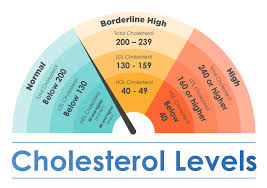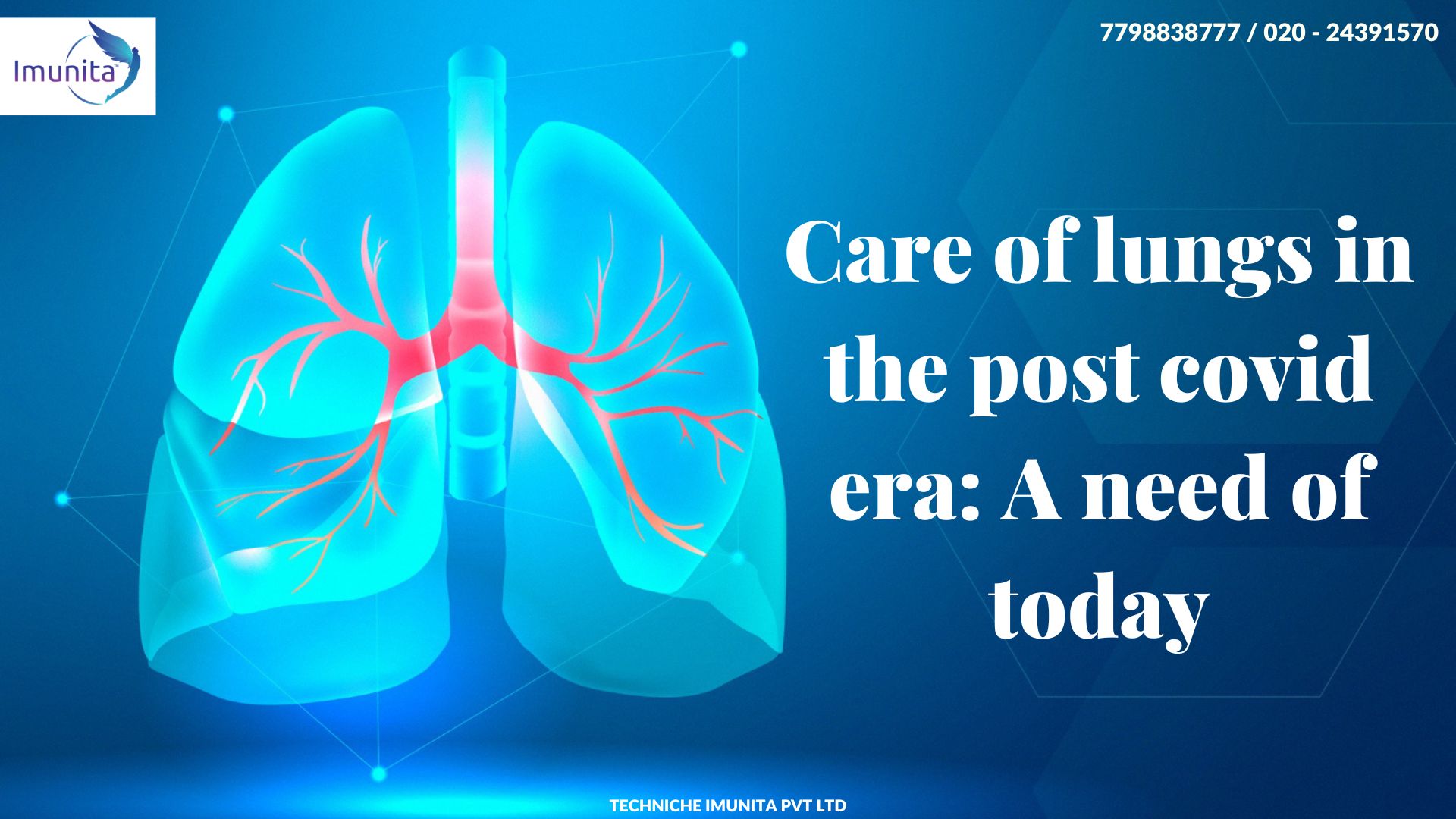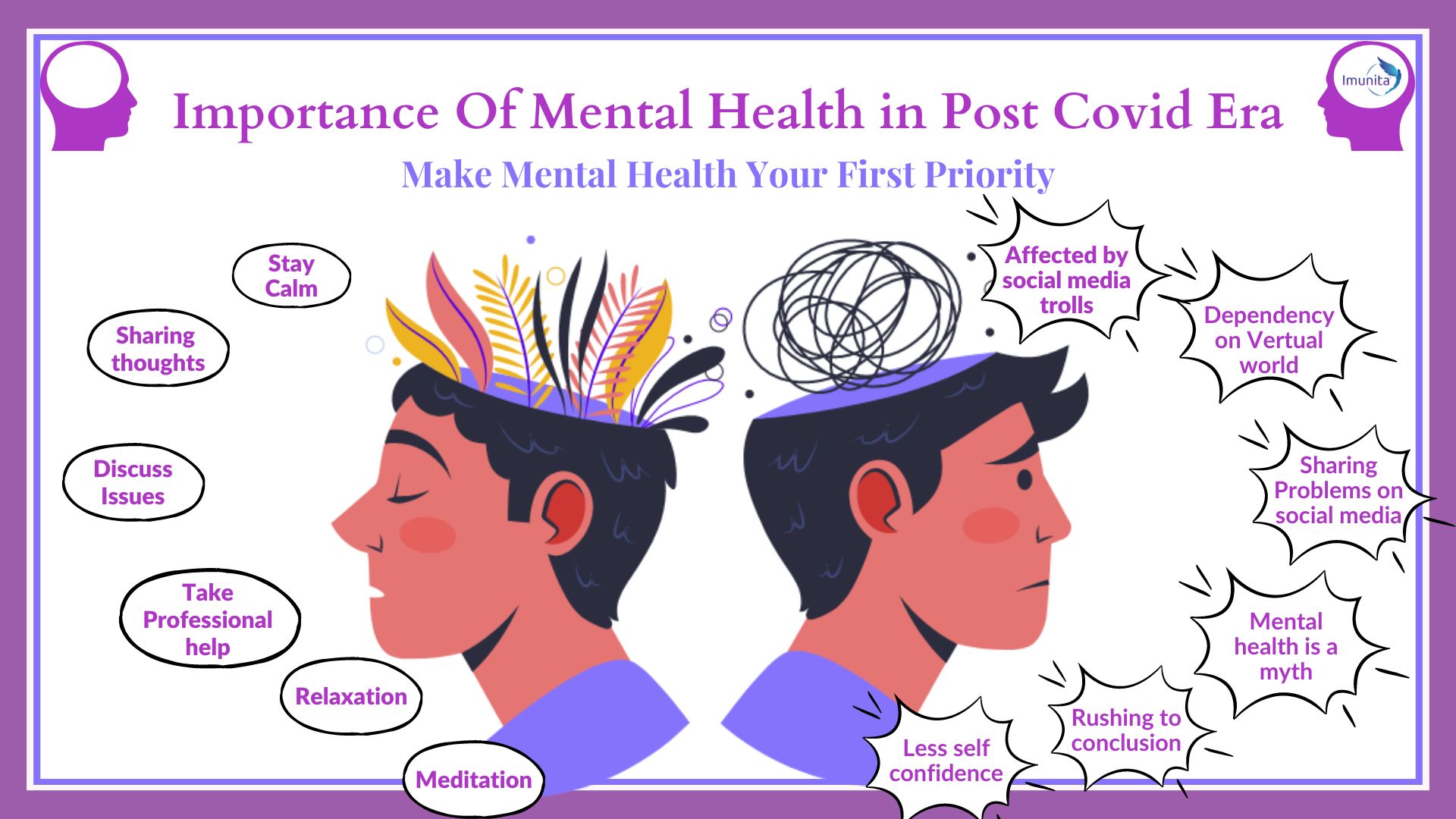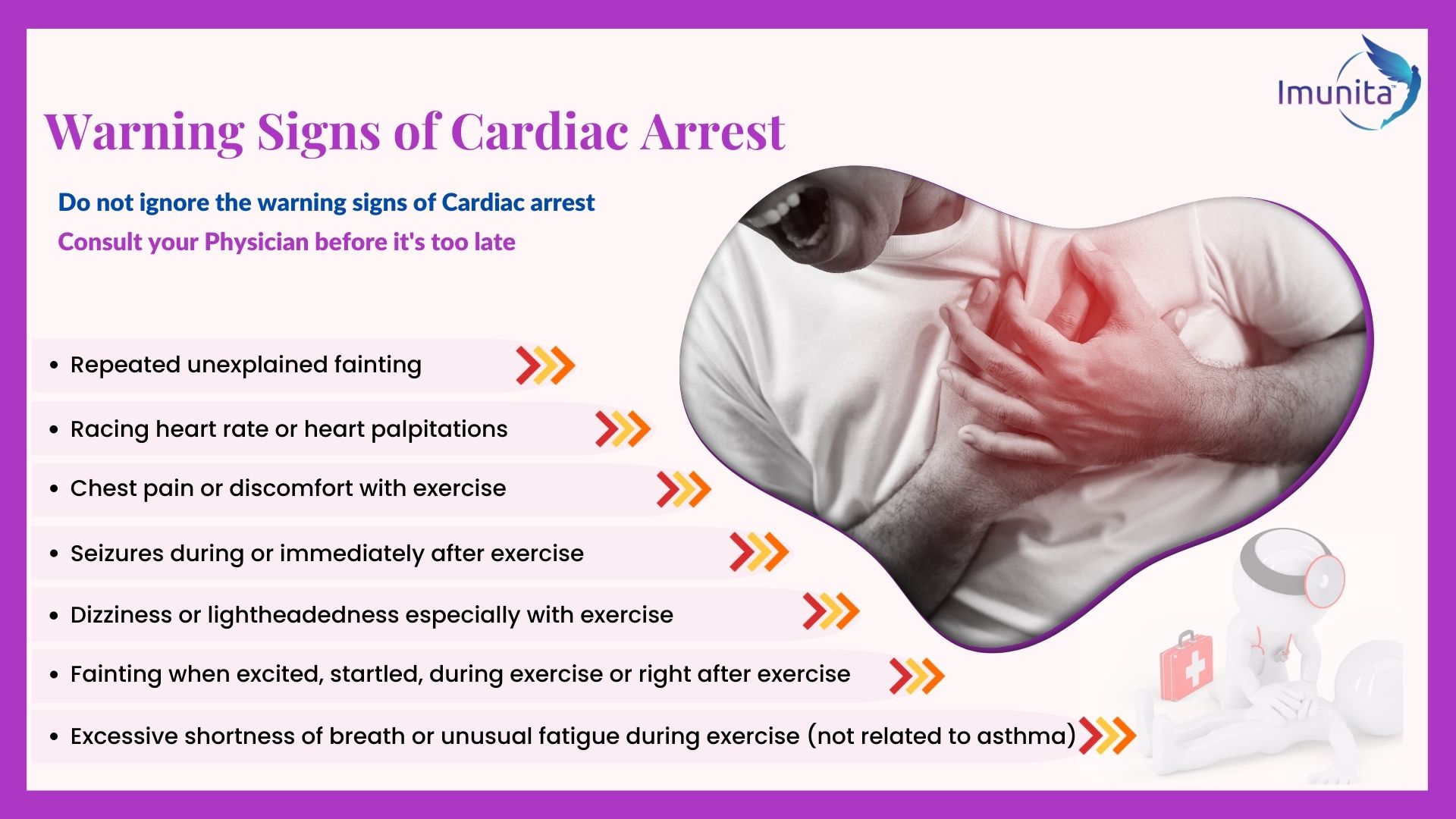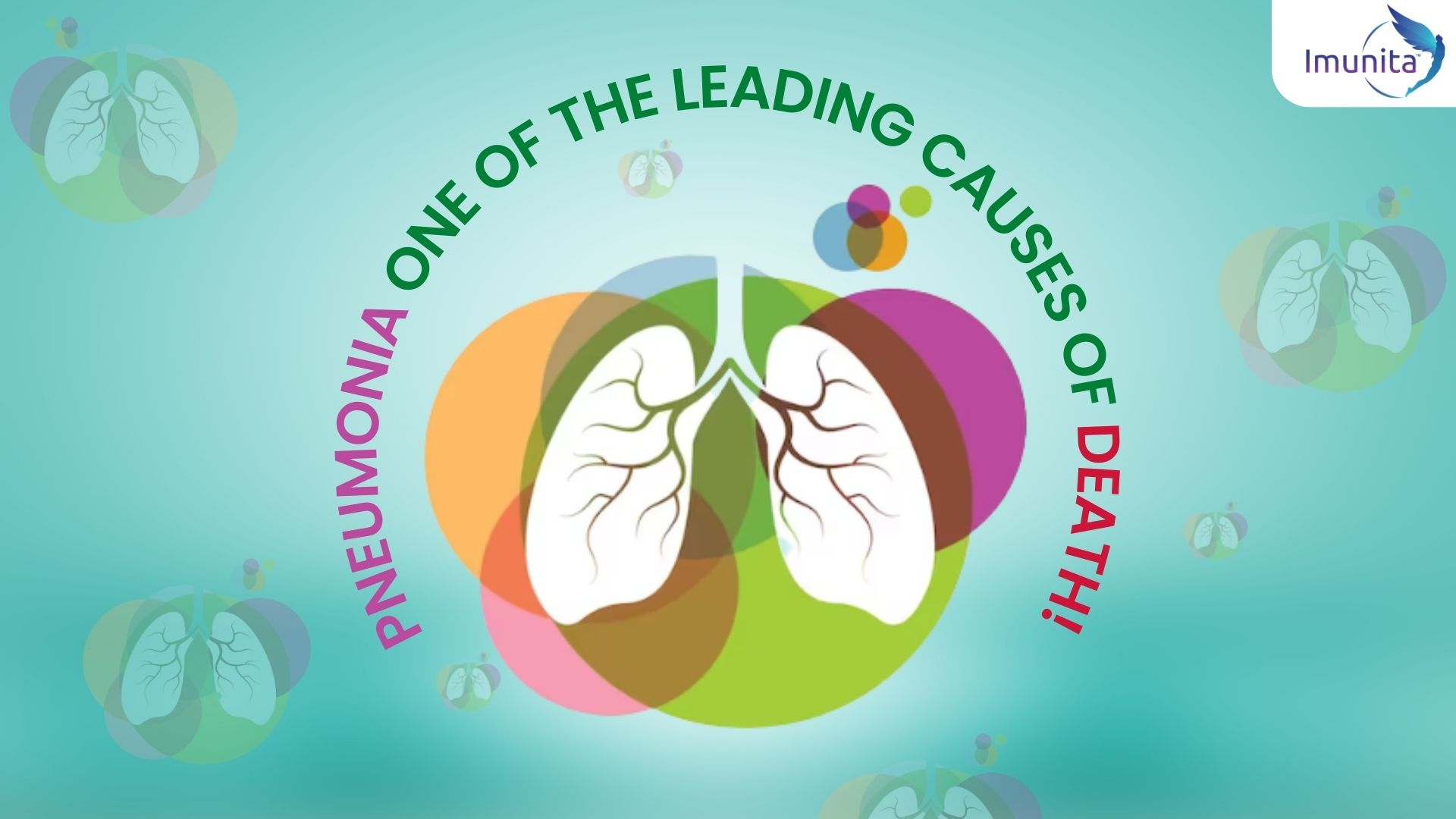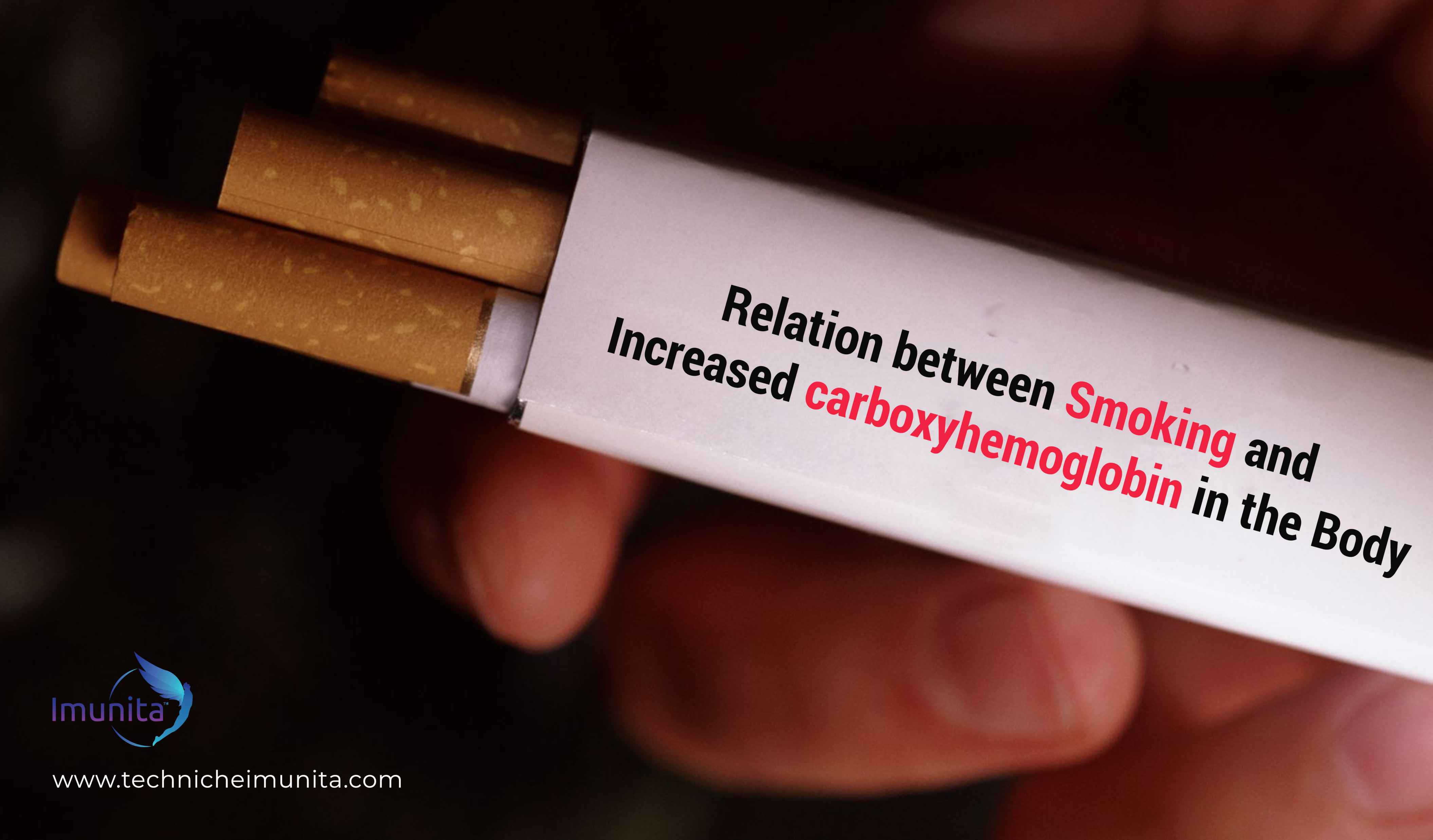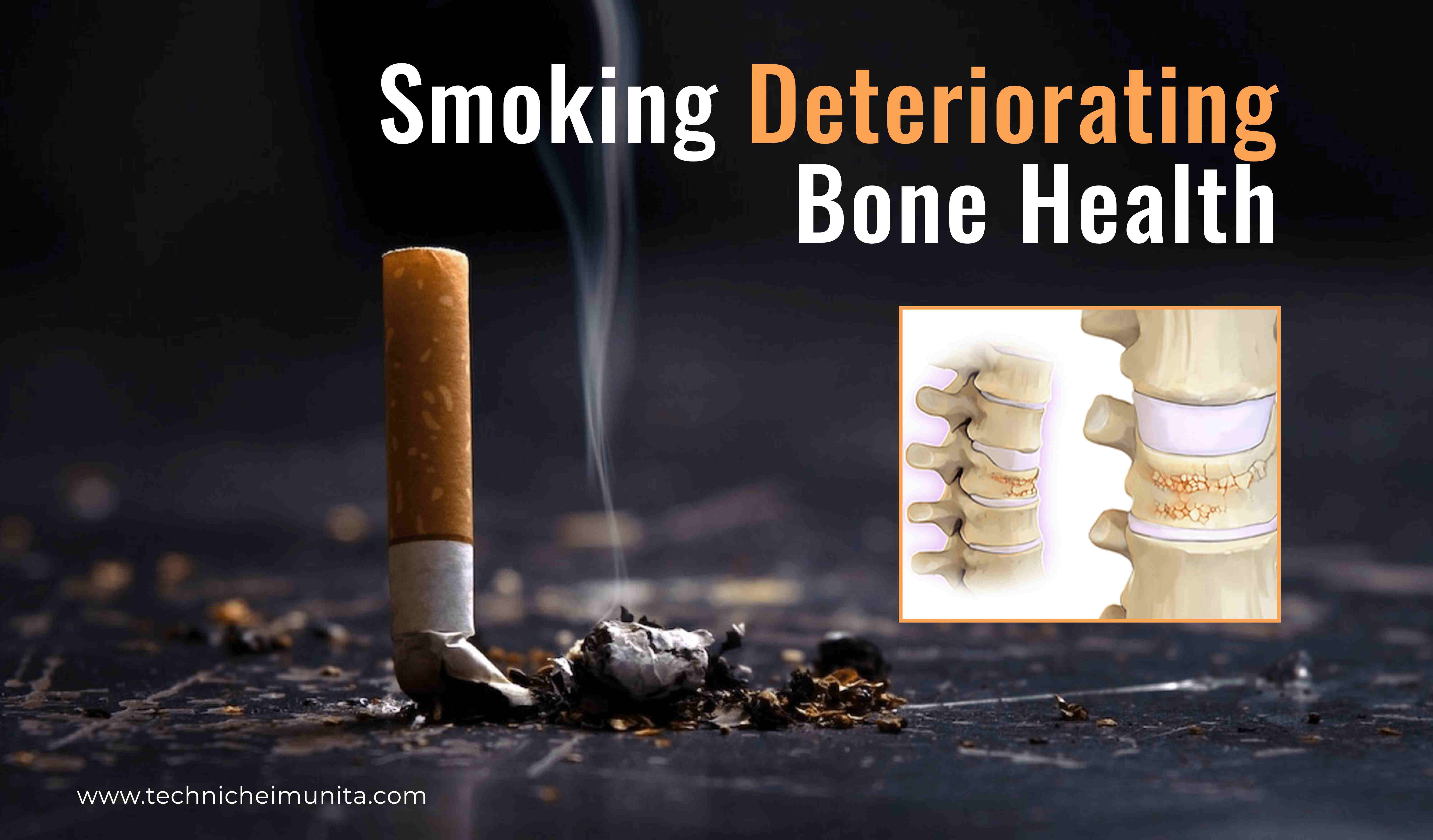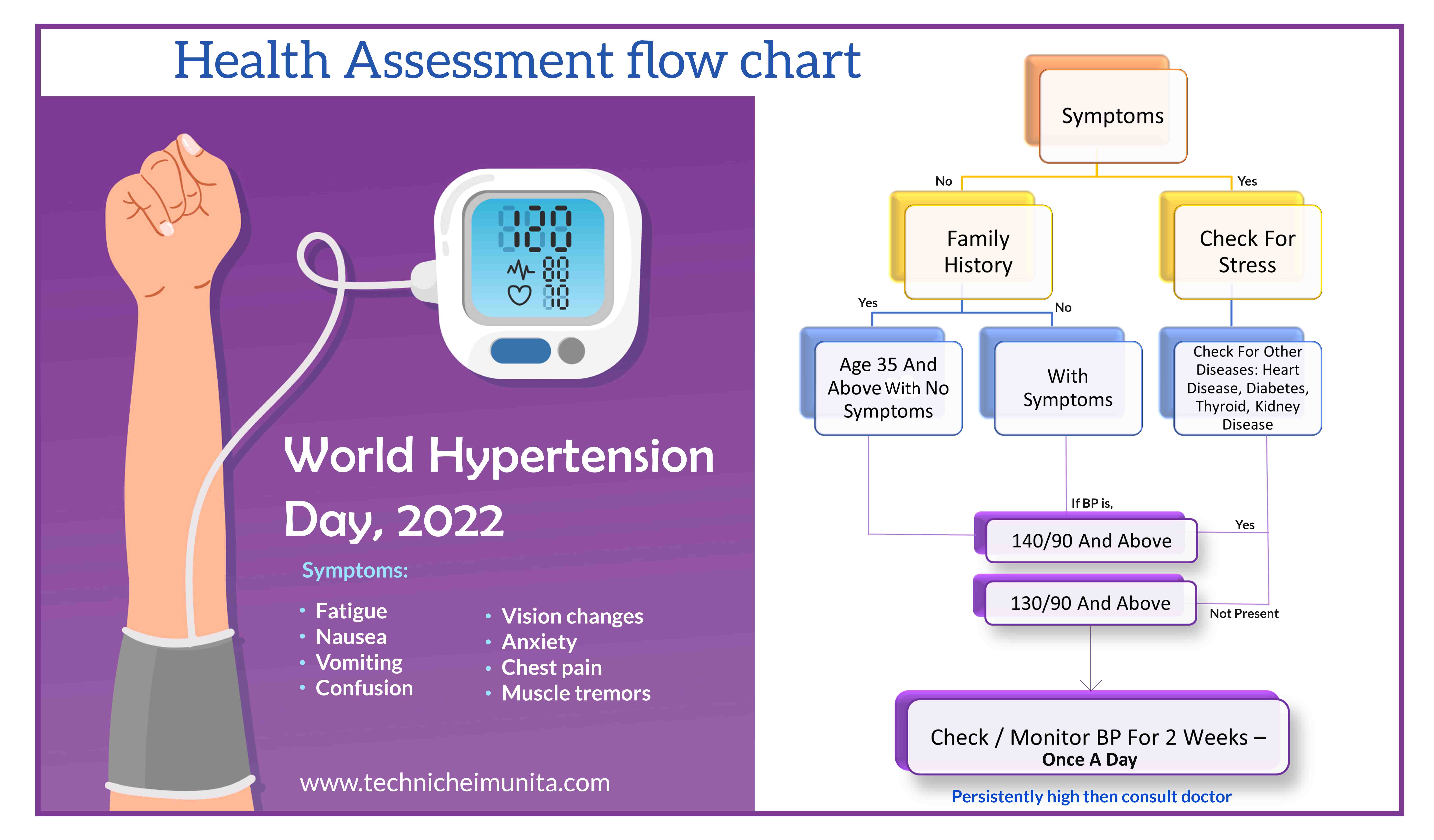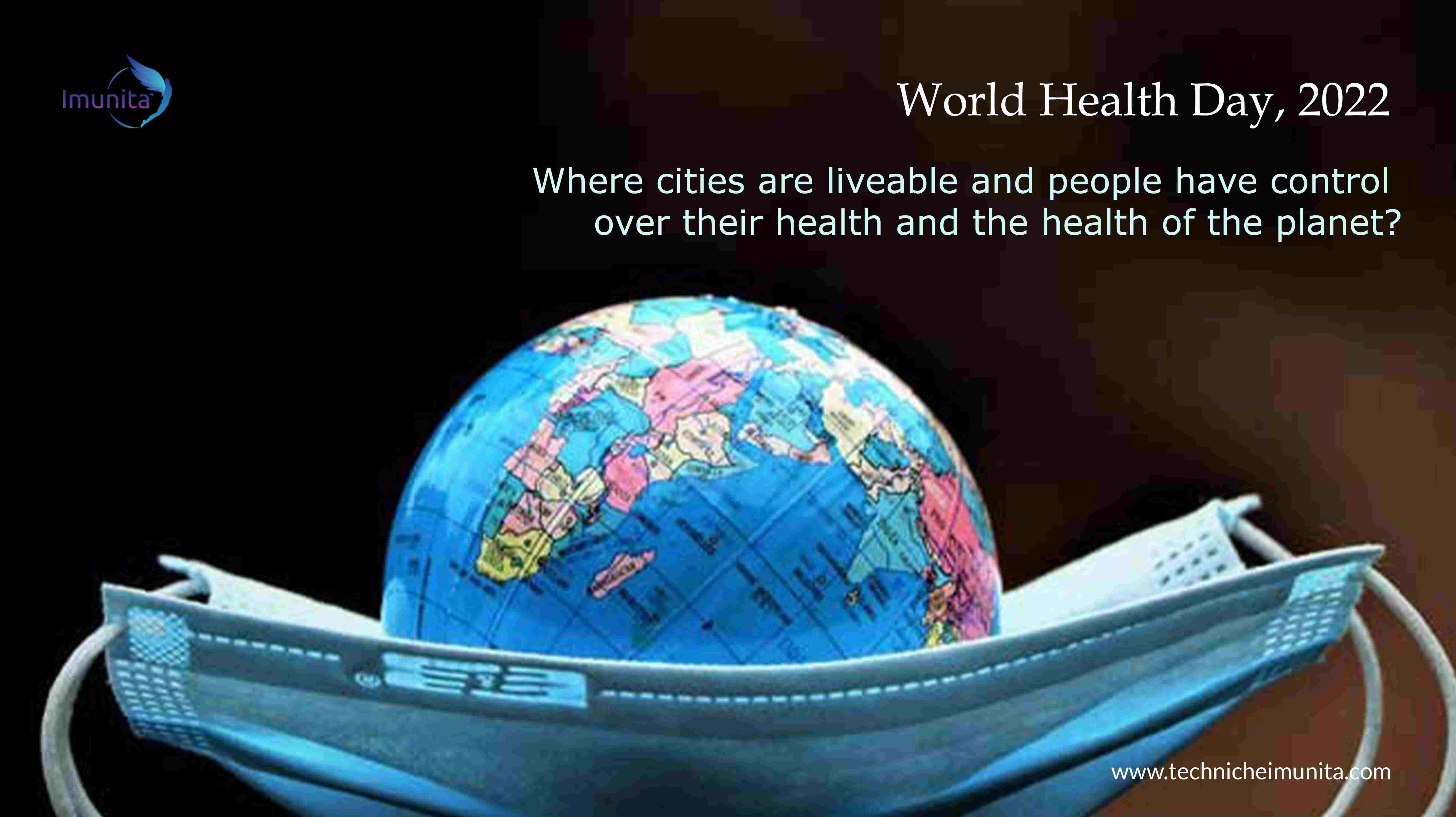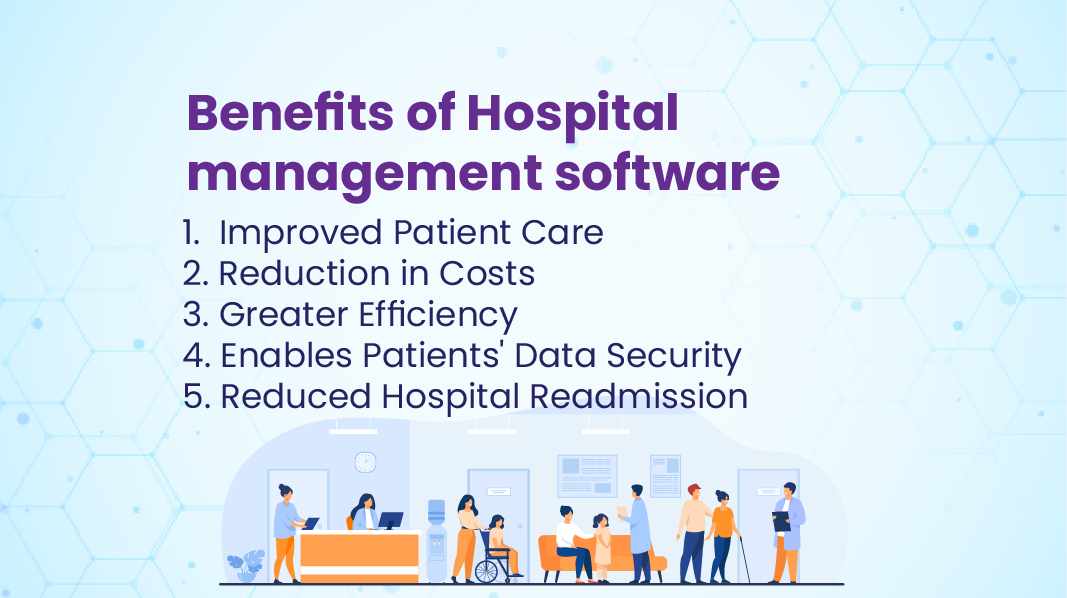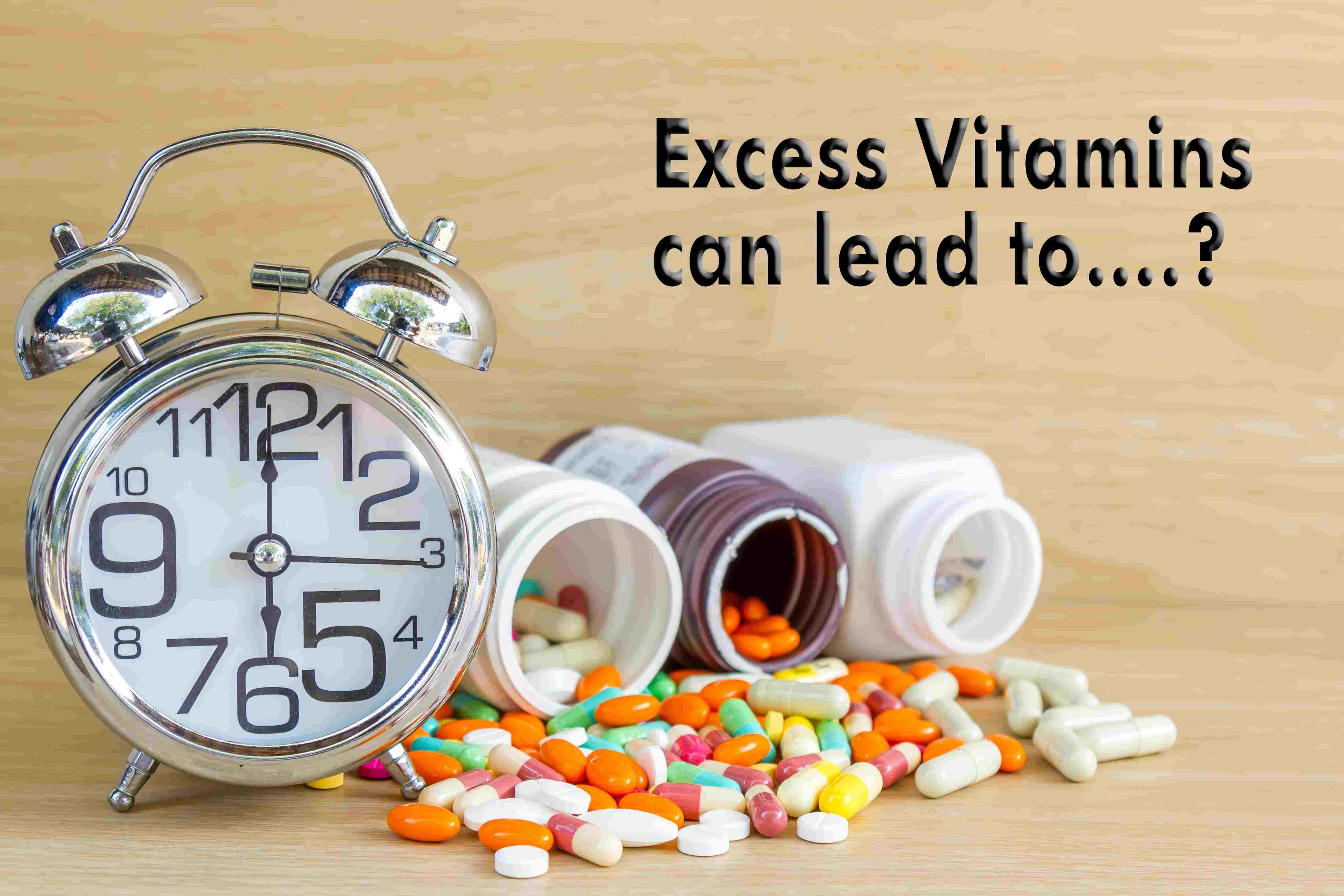Cholesterol is a waxy substance that's found in the fats (lipids) in your blood.
Why Cholesterol (LDL & HDL) is essential in human body?
Cholesterol itself isn’t bad. Your body needs some cholesterol to make hormones, vitamin D, and digestive fluids. Cholesterol also helps your organs function properly. LDL and HDL. Both are lipoproteins, which are compounds made of fat and Protein that are responsible for carrying cholesterol throughout the body in the blood.
| Blood Cholesterol Level Chart | |||
|---|---|---|---|
| Desirable | Borderline (high) | High risk | |
| Total Cholesterol | < 200 | 200-240 | 240 |
| Low Density Cholesterol | < 130 | 130-160 | 160 |
| High Density Cholesterol | > 50 | 50-35 | 35 |
Functions.
- It aids in the production of sex hormones.
- It’s a building block for human tissues.
- It assists in bile production in the liver.
Low cholesterol (hypocholesterolemia) level may lead to-
- Depression and anxiety
- hopelessness
- nervousness
- confusion
- agitation
- difficulty making a decision
- changes in your mood, sleep, or eating patterns
- liver disease
With the increased use of medication to suppress cholesterol levels, some have expressed concern that lowering cholesterol levels excessively will itself cause disease.
Low cholesterol may lead to diseases like,
| Age group | Diseases |
|---|---|
| Children or Teenage(0-18yrs) | Malnutrition |
| Malabsorption | |
| Marfan syndrome(a genetic disorder of the connective tissue) | |
| Smith-Lemli-Opitz syndrome( an inborn error of cholesterol synthesis) | |
| Hypobetalipoproteinemia(a genetic disease that causes cholesterol readings below 50 mg/dl) | |
| Adults(19-50yrs) | Hyperthyroidism(overactive thyroid gland) |
| Liver disease | |
| Malabsorption | |
| Abetalipoproteinemia | |
| Elder(60yrs & above) | Adrenal insufficiency(adrenal glands do not produce adequate amounts of steroid hormones) |
| Leukemias(a group of cancers) | |
| Manganese deficiency |
Lifestyle changes
- Exercise
- Eat more fiber(WHOLE GRAINS)
- Eat healthy fats(NUTS,OLIVE OIL)
- Quit smoking






